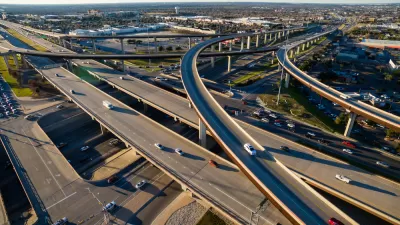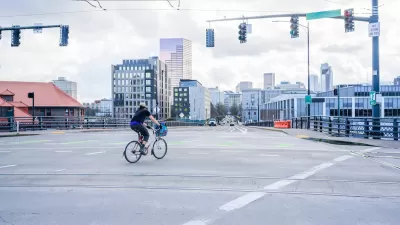Getting the City of Boston to pick up the tab for maintenance and repair of certain alleyways has proved frustrating for residents of the city's South End, due to high costs and restrictions associated with transferring ownership rights to the city.
The extensive system of alleyways that weaves through Boston's South End provides a perfect study of the contrasts between private and public ownership of shared space. While certain segments of the alleys have been transferred into the city government's hands by real estate transactions brokered many years ago, others have remained the responsibility of the property owners that own abutting land. The latter situation has proved to be extremely costly for the property owners, and has thus resulted in many alleys falling into a state of disrepair.
Many neighborhood residents who own properties that abut the hidden thoroughfares want the city to maintain and repair their alleys, expressing frustration that they have all the obligations and few of the privileges associated with private ownership of the space. An array of regulations and requirements have caused potential cost estimations to skyrocket, making city ownership of many alleys even less of a possibility in these lean economic times.
"Michael Lloyd, of the Concord Square Neighborhood Association, says residents pay for basic repairs in private alleys."
" 'There are no benefits, in my estimation,' Lloyd said. 'We'd have the city take over ours in a heartbeat, if not for the cost.' "
FULL STORY: On the surface, not all alleys are treated the same

Planetizen Federal Action Tracker
A weekly monitor of how Trump’s orders and actions are impacting planners and planning in America.

Maui's Vacation Rental Debate Turns Ugly
Verbal attacks, misinformation campaigns and fistfights plague a high-stakes debate to convert thousands of vacation rentals into long-term housing.

Restaurant Patios Were a Pandemic Win — Why Were They so Hard to Keep?
Social distancing requirements and changes in travel patterns prompted cities to pilot new uses for street and sidewalk space. Then it got complicated.

In California Battle of Housing vs. Environment, Housing Just Won
A new state law significantly limits the power of CEQA, an environmental review law that served as a powerful tool for blocking new development.

Boulder Eliminates Parking Minimums Citywide
Officials estimate the cost of building a single underground parking space at up to $100,000.

Orange County, Florida Adopts Largest US “Sprawl Repair” Code
The ‘Orange Code’ seeks to rectify decades of sprawl-inducing, car-oriented development.
Urban Design for Planners 1: Software Tools
This six-course series explores essential urban design concepts using open source software and equips planners with the tools they need to participate fully in the urban design process.
Planning for Universal Design
Learn the tools for implementing Universal Design in planning regulations.
Heyer Gruel & Associates PA
JM Goldson LLC
Custer County Colorado
City of Camden Redevelopment Agency
City of Astoria
Transportation Research & Education Center (TREC) at Portland State University
Jefferson Parish Government
Camden Redevelopment Agency
City of Claremont





























